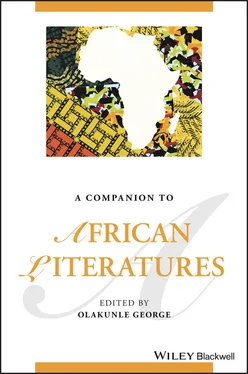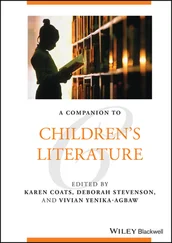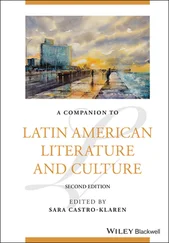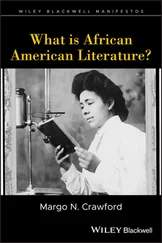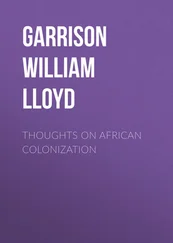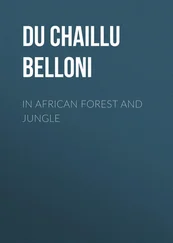Brian Valente‐Quinnis Assistant Professor of Francophone African Studies at the University of Colorado, Boulder. Specialized in Theater and Performance Studies as well as in Francophone African literature, he is currently working on a book project exploring histories of stage performance in Senegal.
Hein Willemseis Professor of Literature and former Head of the Department of Afrikaans at the University of Pretoria. He has published widely on South African Literature with special reference to Black Afrikaans writers, writers of the Black Consciousness era in the 1970s and 1980s, and Afrikaans orature. His books include Aan die ander kant: Swart skrywers in die Afrikaanse letterkunde (“On the other side: Black writers in Afrikaans literature,” 2007), and he co‐edited texts such as More than Brothers: James Matthews and Peter Clarke at 70 (2000) and Achmat Davids’ The Afrikaans of the Cape Muslims (2011). His current research includes projects on the South African poet‐dramatist‐philosopher Adam Small, and the Afrikaans orature of Namibia and South Africa. He is a former Editor‐in‐Chief of Tydskrif vir Letterkunde (Journal of Literature) and a former President of the International Society for the Oral Literatures of Africa (ISOLA).
Chantal Zabusis Professor of Comparative Postcolonial and Gender Studies at the University Sorbonne Paris Nord. She is the author of over a hundred articles in peer‐reviewed journals and numerous books, including The African Palimpsest: Indigenization of Language in the African Europhone Novel (1991; 2nd ed. 2007; French trans. 2018); Out in Africa: Same‐Sex Desire in Sub‐Saharan Literatures and Cultures (2014); Between Rites and Rights: Excision in Women’s Experiential Texts and Human Contexts (2007; French trans. 2016); and Tempests after Shakespeare (2002). Her last two edited books are Transgender Experience: Place, Ethnicity, and Visibility (co‐edited with David Coad, 2014) and The Future of Postcolonial Studies (2015). She is currently working on transgender and transsexualism in African contexts. She is the Editor‐in‐Chief of one of the first journals on postcolonial studies online, Postcolonial Text ( www.postcolonial.org).
A Companion to African Literatures is designed to serve as research resource for critics, teachers, and students of African literature and related fields like world literature, comparative literary studies, and postcolonial studies. In contemporary literary and cultural criticism, notions of “world literature” and “globalism” have become central and influential. Here, the notion of world literature is to be understood as a set of theoretical perspectives and protocols of interpretation, rather than simply a corpus of literary works. In the turn to broad transnational perspectives, however, there is always a risk of de‐emphasizing the specific backgrounds, thematic concerns, and significant transformations that characterize African literatures. This Companion addresses the need for richly contextualized accounts of the diversity of literary production on the African continent.
The book contains twenty‐eight historically grounded and theoretically informed chapters, written by an international team of distinguished as well as emerging leaders in the diverse subfields of the study of African literatures. One chapter has previously been published as a journal article. Taken as discrete individual chapters or as a whole, the volume will be useful to both advanced students and beginners in the academic study of modern African literatures. It will likewise be useful to teachers who seek rigorous and lucid essays that can be assigned in college courses.
A Companion to African Literatures is divided into five sections. The first four concentrate on the geographical regions into which Africa is conventionally divided: namely, East and Central Africa, North Africa, Southern Africa, and West Africa. Each of these sections begins with an introductory chapter that offers an overview of the region’s literary landscape and explores pertinent conceptual or historical questions. Chapters in the fifth section take up theoretical issues and material that range across the regions, or concentrate on film and digital media. With regard to genres and forms, the chapters discuss novels, poetry, dramatic literature, nonfiction, digital media, visual art, and film. The focus is mainly on modern African literatures from the nineteenth century to the present. Even though literatures in Amharic, Arabic, and Swahili date much farther back, in order to make the volume manageable the focus is on the historical span that extends from the nineteenth century to the twenty‐first.
One challenge that any volume on African literatures has to confront is that of practices of specialization. While some national literatures and languages are highly visible, others are marginalized or relatively less studied. In terms of the institutional organization of our field, the common practice is to specialize in literatures from a region, a national configuration, or one or two languages. It is not common to find individual scholars who possess the linguistic competencies to do African literary and cultural studies across multiple intra‐African regions, languages, and traditions. Even for comparatists, the tendency is most often to frame “African literature” as a composite unit of analysis, alongside one or more literary traditions from other parts of the world, one of which is usually Western European. As students of African literatures, then, the prevailing situation is such that we often end up knowing a lot about one region, and much less about other regional or national traditions. Against this background, each of the chapters that introduce the regions in Parts I–IV will be of interest to the reader whose primary area of interest lies elsewhere. The book’s organization allows readers to appreciate differences between the regions and see how, amid the differences, some issues and concerns recur, together with innovative artistic responses.
All the chapters are attentive to the rich discursive genealogies of African literatures even as they are informed by recent developments in literary and cultural criticism. Contributors speak in various ways to issues of nationhood, transnationalism, diaspora, media and digital culture, gender and sexuality, and race. They explore such questions as the following. How have the literatures taken shape since their current modern manifestation and proliferation? What are the major questions and lines of interpretation enlivening African literary and cultural criticism at the present time? Who are the most visible writers, and how do issues of marginality and exclusion emerge? What are the interactions between the literatures and audio‐visual forms made possible by digital media? How might the study of African literatures inflect ongoing conversations about nationalism, identities, and violence in the age of globalization? In addressing such questions, the chapters inform us and also model how we may approach specific texts and traditions within the wide span of African literatures.
There is more than one way of benefiting from A Companion to African Literatures . Readers can decide on specific sections or chapters upon which to concentrate, or undertake a methodical engagement of the entire volume. It is assumed that readers will probably come to the volume with different levels of prior grounding in African literatures. Depending on whether they are advanced interlocutors or non‐specialist beginners, readers will in all probability get varying rewards – varying but substantively robust – from the book. Indeed, only such variation will be properly commensurate with the breadth and heterogeneity of the literatures.
Читать дальше
